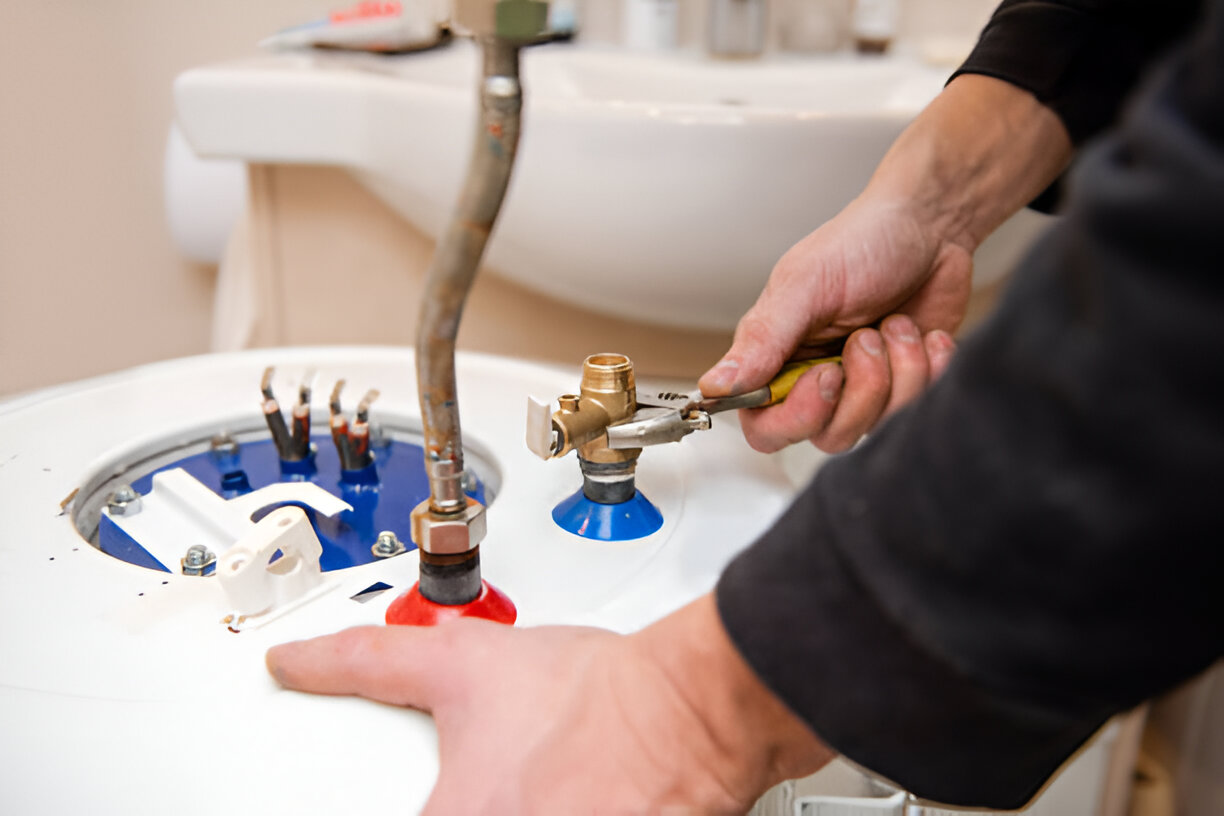
Heating Replacement in Columbia, PA
Replacing an aging or unreliable heating system is one of the most impactful upgrades you can make for year-round comfort and lower utility bills in Columbia, PA. Whether your home sits near the Susquehanna River, in a historic neighborhood, or inside a newer subdivision, a full heating system replacement addresses safety, efficiency, and consistent warmth through Lancaster County’s cold winters.
Why homeowners in Columbia, PA replace heating systems
Columbia’s winters bring prolonged cold and heavy dampness from river proximity, which can expose older equipment to corrosion and reduced efficiency. Common reasons for replacement include:
- System age (most furnaces and boilers older than 15 years lose efficiency and reliability)
- Frequent repairs and rising maintenance costs
- Uneven heating, short cycling, or noisy operation
- Safety concerns such as cracked heat exchangers or carbon monoxide risk
- Desire for lower energy bills with high-efficiency equipment
- Switching fuel types or installing a dual fuel or heat pump system for year-round efficiency
Which systems make sense for Columbia homes
Home size, insulation, heating distribution, fuel availability, and homeowner goals determine the best system. Typical high-efficiency options include:
- High-efficiency furnaces (gas or propane) — modern models reach 95% AFUE and deliver reliable forced-air heating for homes with ductwork.
- Condensing boilers — efficient choice for homes with hydronic systems or radiant heat; condensing units recover additional heat from flue gases.
- Cold-climate heat pumps — air-source and ground-source options now perform well in Pennsylvania winters and offer both heating and cooling with significant energy savings.
- Hybrid systems — pairing a heat pump with a high-efficiency furnace provides optimized efficiency across seasons.
Evaluation and sizing: the critical first step
A proper replacement starts with a professional evaluation of your existing equipment and home heating load. Key steps:
- Visual and performance inspection of current equipment, venting, combustion safety, and distribution (ducts or piping)
- Detailed load calculation (Manual J) to determine the exact heating capacity your home needs, accounting for insulation, windows, orientation, and local climate factors like humidity and winter lows
- Equipment selection (Manual S) to match a properly sized unit to your home — avoiding oversizing that causes short cycling and inefficiency
- Recommendations on ductwork or piping upgrades, zoning, and indoor air quality improvements when needed
Removal, disposal, and code compliance
Replacing a system includes safe removal and responsible disposal. Standard practices:
- Proper disconnection of gas, fuel, or electrical supply and removal of hazardous components
- Refrigerant recovery and recycling for heat pump systems in line with EPA regulations
- Recycling metal and components where possible and disposing of non-recyclable materials per local regulations
- Permitting and inspections as required by Lancaster County and Columbia borough codes
- Clearing the work area and testing for safe operation before completion
Typical installation timeline
Timeline varies by system and complexity, but general expectations:
- Simple furnace swap in an existing cabinet: 1 day for removal, installation, and startup
- Furnace with duct adjustments or minor venting changes: 1–2 days
- Boiler replacements or conversions to hydronic systems: 1–3 days depending on piping and controls
- Heat pump installations, especially when adding a new outdoor unit or modifying refrigerant lines: 1–2 days; ground-source systems require longer timelines due to loop field work
- Complex whole-house conversions (fuel type change, new distribution system, or zoning): several days to a week
Technicians typically complete system startup, safety checks, thermostat programming, and homeowner orientation on operation and maintenance before leaving the job.
Financing and rebate guidance for Columbia residents
Replacing a heating system is an investment with long-term payback. Homeowners should consider:
- Federal tax incentives and energy credits that may apply to high-efficiency furnaces, boilers, and heat pumps — eligibility depends on the specific equipment and current legislation
- State and local utility rebates available through Pennsylvania programs and Lancaster County partners; these often target high-efficiency heat pumps, condensing boilers, and insulation improvements
- Energy-efficiency financing options and low-interest home improvement loans that spread the cost over timeA thorough replacement consultation should include guidance on qualifying incentives and the documentation needed to claim rebates or tax credits.
Expected energy savings and comfort improvements
Upgrading from an older system to a modern, properly sized high-efficiency unit typically yields:
- Noticeable reduction in monthly heating bills — savings vary by fuel type, existing equipment, and envelope improvements, but many homeowners see double-digit percentage reductions
- More consistent indoor temperatures and reduced cold spots with proper sizing and duct/piping work
- Quieter operation and improved indoor air quality when paired with filtration or ventilation upgrades
- Lower maintenance and repair frequency, plus longer equipment life when maintained
Actual savings depend on your previous system’s age and efficiency, fuel costs in Columbia, and whether additional measures (insulation, air sealing, duct sealing) are performed.
Warranty, maintenance, and long-term care
Maximizing the lifespan and efficiency of a new system requires attention to warranty and maintenance:
- Manufacturer warranties typically cover major components; verify both parts and labor coverage and any requirements to maintain warranty validity
- Annual or biannual maintenance checks (combustion analysis for gas systems, filter and coil cleaning for heat pumps, system flushing for boilers) preserve efficiency and detect potential issues early
- Consider a maintenance plan that includes seasonal tune-ups, priority service, and filter replacements to protect performance and warranty compliance
- Install carbon monoxide detectors near sleeping areas and test them regularly if your new system uses combustion
Making the decision
A well-documented evaluation, clear equipment recommendations, and a transparent replacement plan tailored to Columbia, PA homes will ensure you get the right system for comfort, efficiency, and long-term value. With careful sizing, code-compliant installation, and attention to rebates and warranties, a heating replacement is a practical upgrade that pays dividends in comfort and reduced operating costs through Lancaster County’s cold months.


Enjoy flexible financing options that make upgrading or repairing your HVAC system easy and budget-friendly.










